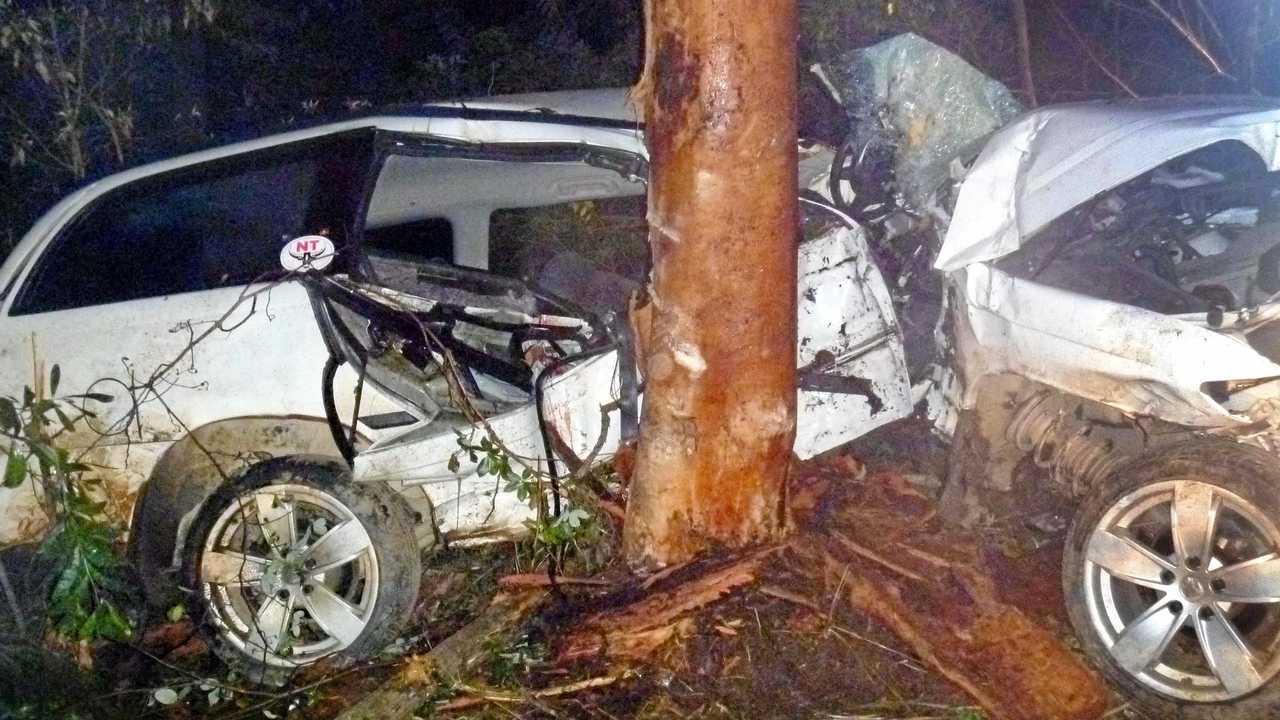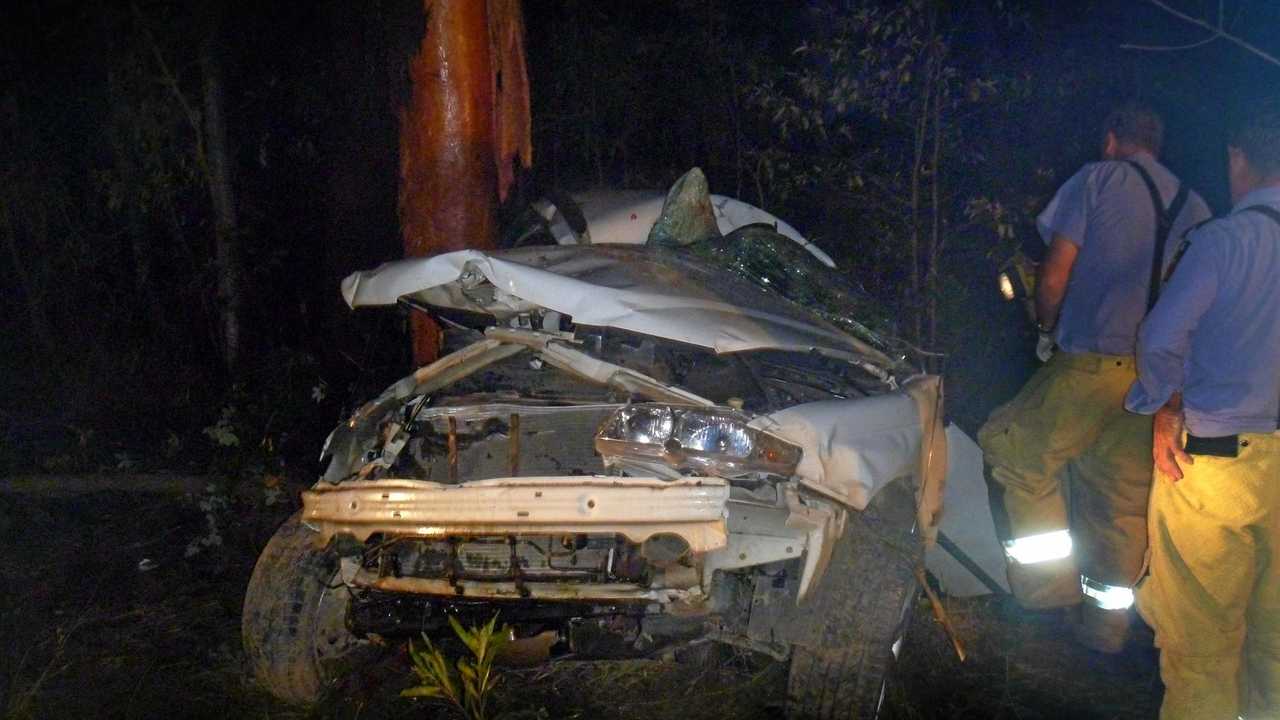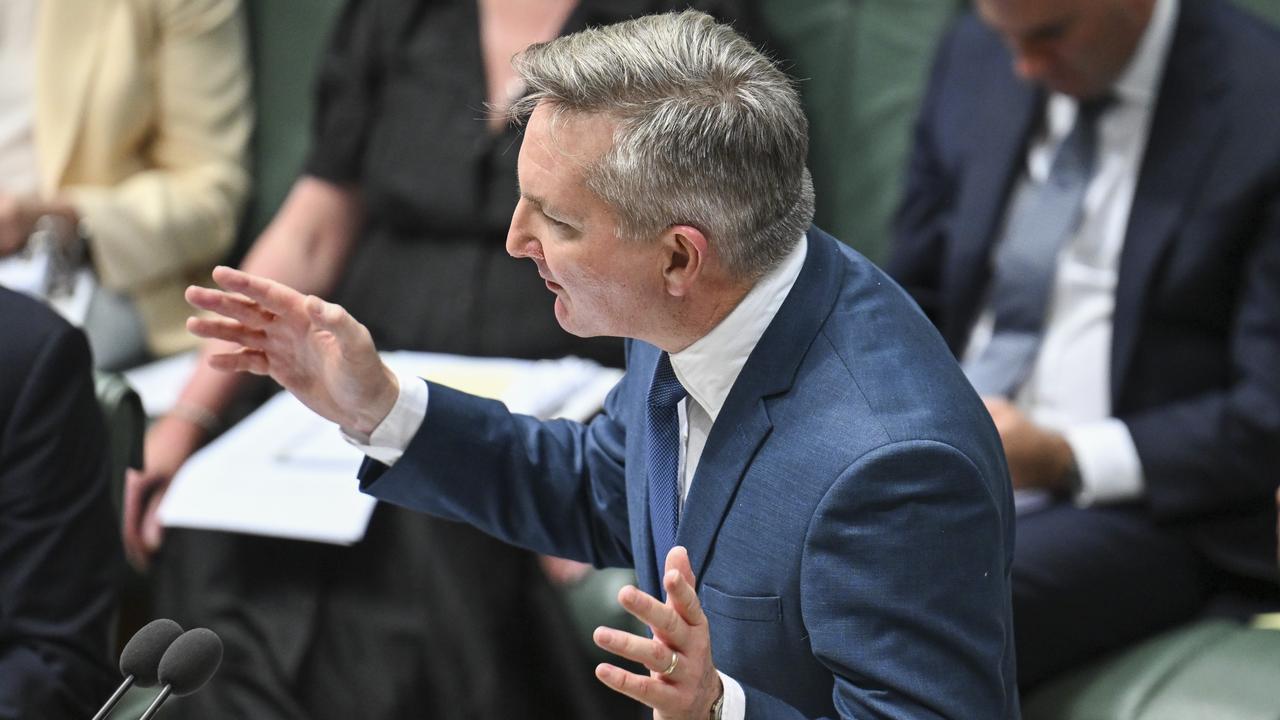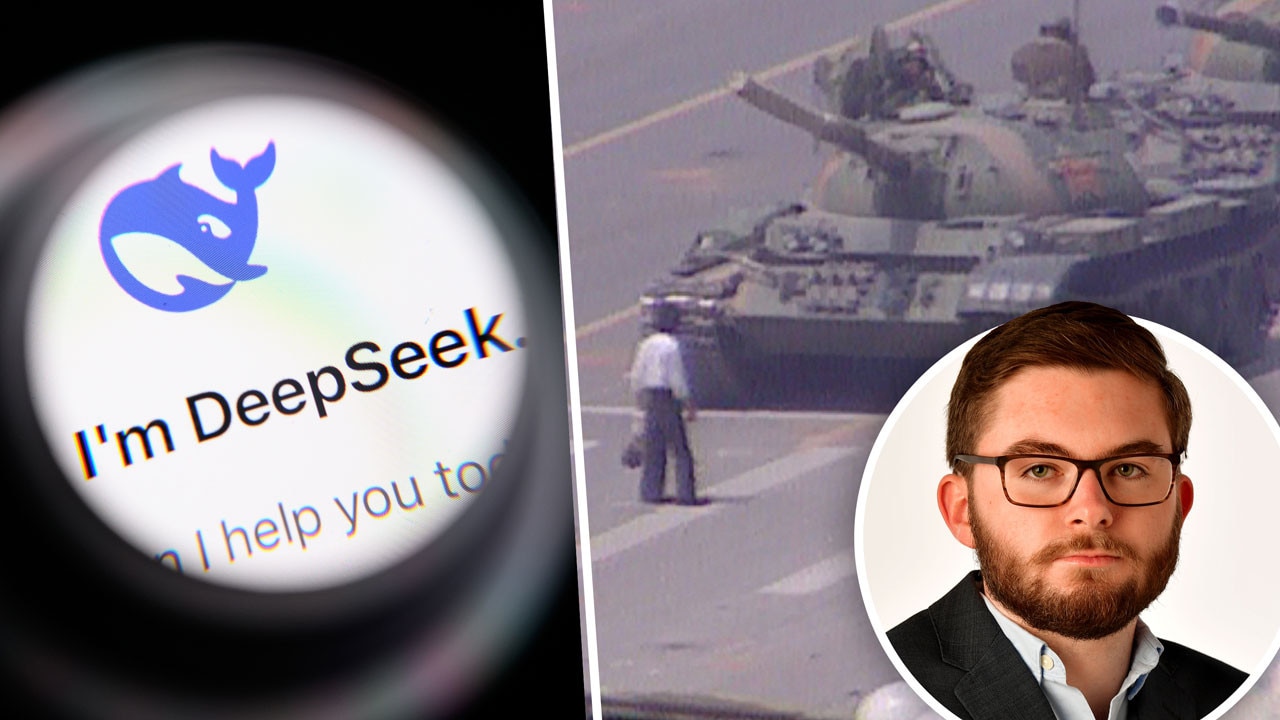Former Coast cop's $1m payout highlights compensation issue
A Sunshine Coast police officer is being used to highlight issues surrounding compensation for first responders who experience psychological trauma.

Opinion
Don't miss out on the headlines from Opinion. Followed categories will be added to My News.
A SUNSHINE Coast police officer is being used to highlight issues surrounding compensation for first responders who experience psychological trauma.
Specialist in personal injury law Trent Johnson says the case of Senior Constable David Caffrey gave a renewed focus to the little-understood issue.
Mr Caffrey was awarded more than $1 million due to the psychiatric injuries he suffered after attending a horrific fatal crash on the Sunshine Coast in 2013.
He desperately tried to save a man who had his "legs chopped off" and was crushed after his car collided with a tree.

Documents filed in the Supreme Court of Brisbane alleged he developed post traumatic stress disorder in the months after he witnessed the man die, saying the memories haunted him.
Mr Caffery filed the claim for $1.09 million against insurance company AAI Limited in October 2018.
He was granted $70,000 for general damages, $318,262 for past economic loss, $469,490 for future economic loss and other damages totalling about $1.09 million.
Mr Johnson says while the details of the crash are "heartbreaking", the compensation lawsuit examined an assumption that many in the community may have about first responders.
"The insurer argued the public were entitled to expect a police officer deployed to an accident scene would be equipped with sufficient experience and training to avoid psychiatric harm - in other words a cop should know how to cope with what they see and experience," Mr Johnson said.
"However, what may not be realised is while the State Government has measures in place which expect police, ambulance and fire service first responders to be resilient, the law also provides for such people, deemed to be "rescuers" to have compensation rights if the driver who has caused the accident could be regarded as being liable for it through adverse behaviour such as intoxication, speed or careless driving.
"If the driver's behaviour caused the accident which required others to suffer psychiatric trauma while helping him, then the emergency responder can seek compensation through the driver's insurer."

In the 2013 fatal crash, the driver had lost control of his Holden Commodore, while intoxicated by methamphetamines, amphetamines and marijuana, the court heard.
Mr Caffrey responded to the crash and arrived before ambulance and fire service rescuers to find a car wrapped around a tree and the injured driver trapped inside.
He climbed up to the wreckage, tried to clear the driver's airway, held his head, encouraged him to stay alive and was there, comforting the driver's parents, when the driver died.
Mr Caffrey told media he had never seen anybody die in front of him in his two decades as a police officer.
The trauma hit him and he said it took him two years to remove the image of his son's face from his memory of the dead driver's face.
"I just kept seeing my son,'' he said.
Mr Caffrey was off work for 17 months, and after being diagnosed with chronic post-traumatic stress disorder he was dismissed, after refusing a direction to retire.
In the weeks following the incident, Mr Caffrey started drinking a lot. He became angry and over-reacted at situations, even coming close to suicide and pushing to go back to work to have access to firearms.
Mr Johnson said while the Supreme Court's decision was not a precedent setter, it was important because it clarified the law for rescue workers attending traumatic incidents as part of their job.
"The legal claim was rightly against the driver's CTP insurer," he said.
"A member of the public ... is not entitled to drive in any manner he wishes, without regard to police officers who may attend at an accident he may cause, simply because police officers 'undertake for the benefit of the public' to attend at such scenes,'' Justice Flanagan said.
"A police officer legally obliged to respond to emergencies, in fact, placed himself or herself in a situation of elevated risk in respect of psychiatric harm."
Mr Johnson said a key point in the decision was the role of "rescuer" played by the attending police officer.
"By all accounts Mr Caffrey treated the dying driver like his own son," he said.
"So by legal definition he was most certainly a rescuer and thus entitled to claim against the driver's CTP insurer for the trauma he suffered."
He said the case reaffirmed the legal rights of emergency rescuers traumatised by accidents caused by the driver's negligence.
"Such claims are not possible if the driver is not at fault," he said.
"So what we have is not a new decision but a clear and correct re-stating of existing law.
"Naturally the claim was hard fought by the CTP insurer but the court has rightly found that in effect, adopting the role of a rescuer at a horrific crash scene caused by a driver's blatant negligence is not just something police and others have to accept as part of the job without recourse to common law compensation for an associated injury."
Trent Johnson is an Accredited Specialist in personal injury law and a Director with Brisbane firm Bennett & Philp Lawyers.
Originally published as Former Coast cop's $1m payout highlights compensation issue






